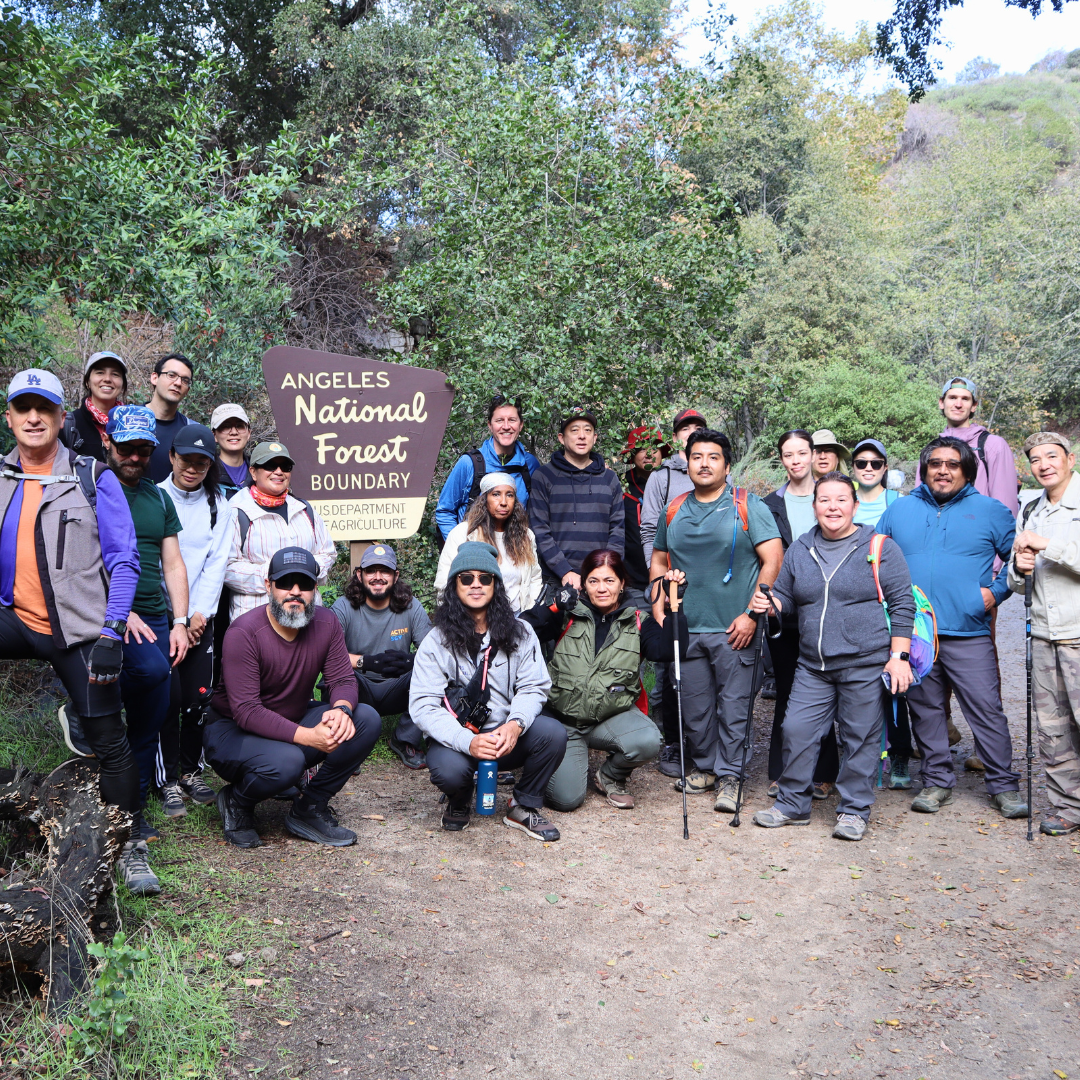
For more than 25 years, the Council for Watershed Health (CWH) has focused on improving our local water supply, water quality, natural habitat, and equitable access to open space. To achieve this goal, CWH uses science-based research, education and engagement in partnership with community-based organizations (CBOs) and provides technical assistance for underserved communities that have resulted in the design and implementation of numerous multi-benefit green infrastructure projects throughout the region.
Over the past six years, CWH’s ReDesignLA program has developed the long-term capacity of local partners using a mentor-mentee model to redesign their neighborhoods, schools, and communities to achieve social, environmental, and economic impacts on health and safety through water resources. CWH and a team of CBO mentors have provided technical assistance and capacity-building support to CBO mentees to design and implement green infrastructure projects within underserved communities across the Los Angeles Region. Much of this work in the SGV is centered around building a framework to support non-traditional community-based organizations’ long-term capacity to engage their stakeholders and help redesign their neighborhoods to achieve multi-benefits.
In the San Gabriel Valley, these projects have included Watershed Monitoring and Assessment programs that collected and analyzed water quality data for communities so that they can make informed decisions on ways to protect their health and the health of their families. For example, in 2020, CWH partnered with Pasadena City College (PCC) on a Community Trash Monitoring project that coordinated and trained local students to assess their own communities' trash. This project enabled students to engage in a local water quality issue and scientific research by implementing trash surveys that map, count, and categorize their community's trash types. CWH also provided technical assistance for a project that looked at the water quality of local streams found in Cattle Canyon just north of Azusa in the San Gabriel Mountains National Monument. In the Cattle Canyon project, CWH monitored the water conditions and conducted trash and water surveys, which helped determine the streams’ health to ensure they were safe for recreational use.

CWH has also provided technical assistance on green street projects, including the Merced Avenue Greenway Project in the City of South El Monte. That project utilized a multi-benefit approach to manage stormwater runoff at its source, improve water quality and enhance the local watershed health. With the technical assistance provided by CWH, the Merced Avenue Greenway Project will utilize a street design that can combat rising temperatures, increase safety for people who are walking and biking, support local biodiversity, and improve local water quality. Once completed, this project will serve as a real-world model of watershed-based design that integrates and addresses flood management, water quality, and habitat restoration.
The Council for Watershed Health’s dedication to ensuring our local water is safer, training the next generation of water stewards, working on green infrastructure, and building local capacity has made the Council for Watershed Health a Noches 2022 Honoree.
ActiveSGV's annual awards party, Noche de las Luminarias, honors people making strides to realize a more sustainable, equitable, and livable San Gabriel Valley. On 9/22/22, we are excited to once again host the event in a beautiful outdoor setting at Grapevine Arbor in the City of San Gabriel. More information about the event and how to get tickets here.



